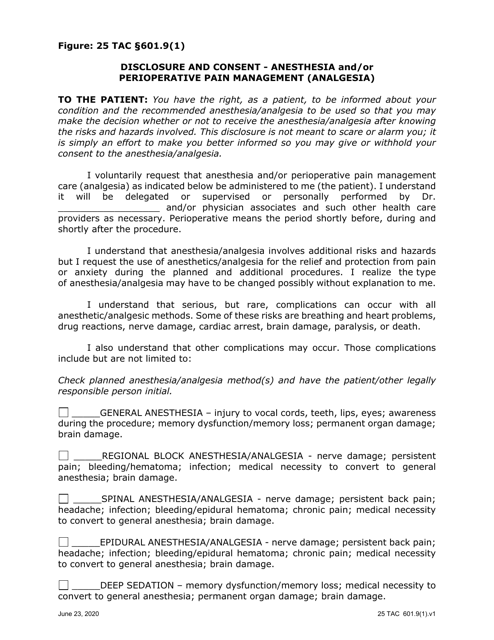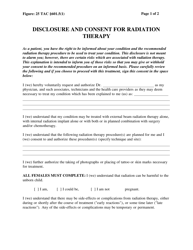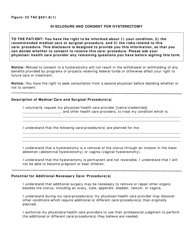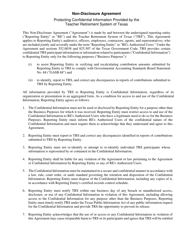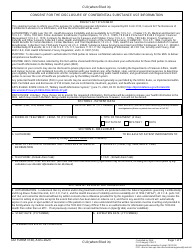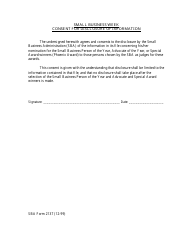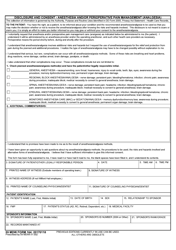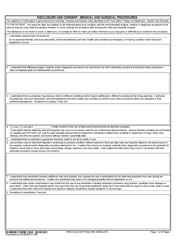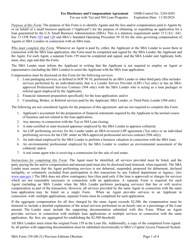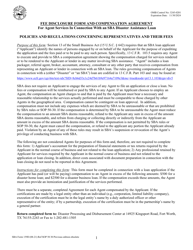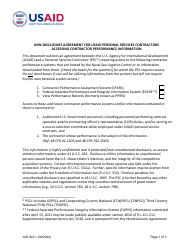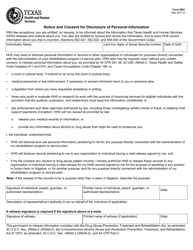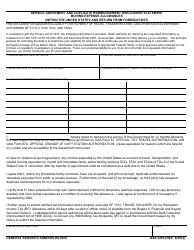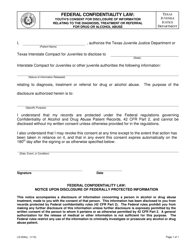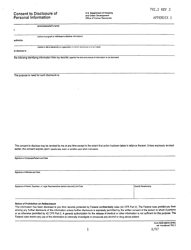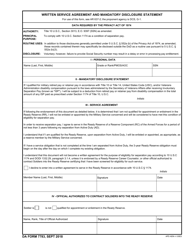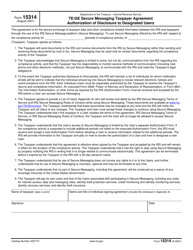Disclosure and Consent - Anesthesia and / or Perioperative Pain Management (Analgesia) - Texas
Disclosure and Consent - Anesthesia and/or Perioperative Pain Management (Analgesia) is a legal document that was released by the Texas Health and Human Services - a government authority operating within Texas.
FAQ
Q: What is anesthesia?
A: Anesthesia is a medical practice that uses drugs to block pain or sensations during surgical procedures.
Q: What is perioperative pain management?
A: Perioperative pain management refers to the use of medications and techniques to manage pain before, during, and after a surgical procedure.
Q: Who administers anesthesia?
A: Anesthesia is administered by an anesthesiologist or a certified registered nurse anesthetist (CRNA) who works under the supervision of an anesthesiologist.
Q: What are the risks of anesthesia?
A: The risks of anesthesia include allergic reactions, breathing problems, heart problems, and potential complications related to specific procedures.
Q: What is the importance of consent for anesthesia?
A: Consent for anesthesia is important because it allows healthcare providers to inform patients about the risks, benefits, and alternatives of anesthesia and get their permission before proceeding.
Q: Can I eat or drink before anesthesia?
A: Most patients are required to refrain from eating or drinking for several hours before anesthesia to reduce the risk of aspiration.
Q: What types of anesthesia are available?
A: There are three main types of anesthesia: general anesthesia, regional anesthesia, and local anesthesia.
Q: What should I inform my healthcare provider before anesthesia?
A: You should inform your healthcare provider about any allergies, health conditions, medications, and past experiences with anesthesia to ensure your safety.
Q: What is the recovery process after anesthesia?
A: The recovery process after anesthesia depends on the type of anesthesia used and the individual patient, but it typically involves monitoring in a recovery area until you are fully awake and stable.
Form Details:
- Released on June 23, 2020;
- The latest edition currently provided by the Texas Health and Human Services;
- Ready to use and print;
- Easy to customize;
- Compatible with most PDF-viewing applications;
- Fill out the form in our online filing application.
Download a printable version of the form by clicking the link below or browse more documents and templates provided by the Texas Health and Human Services.
